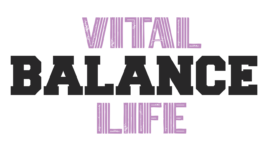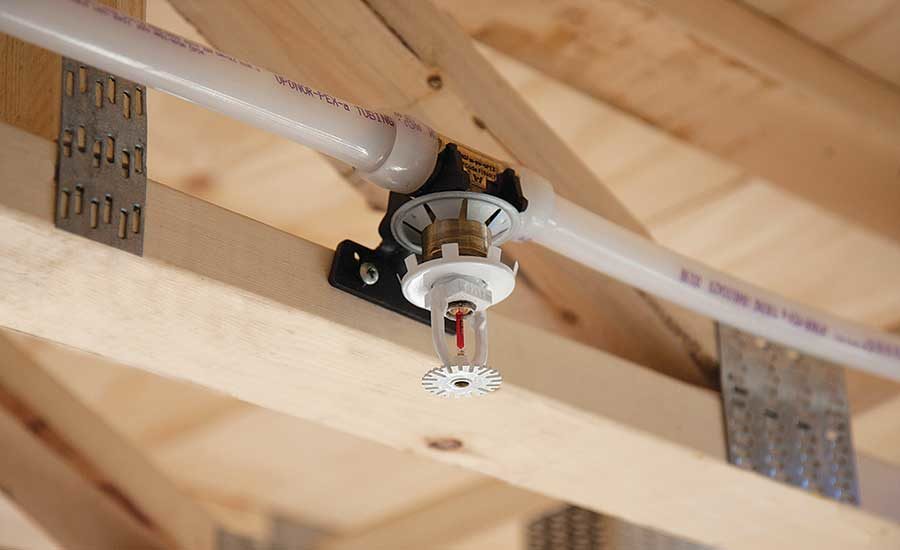Enhancing home safety is a priority for any homeowner, and domestic sprinkler systems provide a reliable solution for mitigating the risks of fire. These systems are designed to detect fires quickly and suppress them before they can spread, significantly reducing the risk of injury and property damage. This comprehensive guide will delve into how domestic sprinkler systems work, the process of installation, and the numerous benefits they offer to homeowners.
Understanding Domestic Sprinkler Systems
Domestic sprinkler systems consist of a network of piping filled with water under pressure installed in ceilings or walls. Sprinklers are connected to this piping and strategically placed throughout the home. In the event of a fire, the heat from the flames triggers the sprinkler system, causing only the sprinklers closest to the fire to activate, spraying water directly on the flames and significantly reducing the spread of the fire.
The Immediate Benefits of Sprinkler Systems
Installing a sprinkler system in your home can bring immediate benefits:
- Rapid Fire Suppression: Domestic sprinklers respond quickly to the presence of heat, controlling or even extinguishing fires within minutes.
- Minimized Water Damage: Because sprinklers activate individually and directly target the fire area, they use much less water than fire department hoses, leading to less water damage in your home.
- Reduced Smoke and Heat Damage: By controlling fires early, sprinklers help to limit the amount of smoke and heat damage within a home.
- Increased Escape Time: Sprinkler systems provide crucial additional time for you and your family to safely evacuate in the event of a fire.
Installation Process of Domestic Sprinkler Systems
Installing a domestic sprinkler system involves several key steps:
- Planning and Design: A professional will assess your home and design a system that covers all living spaces adequately.
- Installation: Pipes are run through walls and ceilings, similar to plumbing, with sprinkler heads installed in strategic locations.
- Connection to Water Supply: The system is connected to the home’s main water supply to ensure it has enough water pressure to operate effectively.
- Testing and Commissioning: After installation, the system is thoroughly tested to ensure it functions correctly.
Cost Considerations and Savings
While the initial cost of installing a domestic sprinkler system can be significant, the potential savings should also be considered. Sprinkler systems can reduce insurance premiums by 5% to 15% because of the decreased risk of major fire damage. Moreover, the most significant saving is the potential to save lives and prevent irreplaceable possessions from being lost to fire.
Regulations and Compliance
In many areas, new homes are required to have domestic sprinkler systems installed to meet local building codes and regulations. It’s important to check with local authorities about specific requirements and ensure that any system installed complies with these regulations.
Maintaining Your Sprinkler System
Regular maintenance is crucial to ensure your sprinkler system remains functional. This includes annual inspections by a qualified technician, testing alarms, and checking that sprinkler heads are unobstructed and free from damage.
Choosing the Right System and Installer
Selecting the right sprinkler system and installer is crucial. Look for certified professionals with experience in residential systems. They should offer a comprehensive service that includes customized system design, installation, and ongoing maintenance.
Conclusion
Domestic sprinkler systems are an invaluable investment in the safety of your home and family. By providing an automatic response to fires, these systems not only protect lives but also help preserve your property and possessions. With the right design and installation, a domestic sprinkler system can be a discreet and effective part of your home safety strategy, offering peace of mind that your home is protected against the threat of fires.



